The human experience is fundamentally shaped by connection. From the moment we are born, we crave interaction, validation, and a sense of belonging. Yet, in an increasingly digitized and fragmented world, loneliness has emerged as a silent epidemic with consequences far more severe than previously imagined. Recent scientific studies have delivered a startling revelation: chronic loneliness can shorten lifespan as significantly as smoking 15 cigarettes a day. This isn’t merely about emotional discomfort—it’s a matter of life and death.
For decades, the medical community has focused on traditional risk factors for premature mortality: obesity, hypertension, smoking, and sedentary lifestyles. While these remain critical concerns, loneliness has quietly climbed the ranks as a lethal threat. Research from Brigham Young University, which analyzed data from over 3 million participants, found that social isolation increases the risk of early death by up to 32%. The physiological toll of prolonged loneliness triggers a cascade of stress responses, inflammation, and weakened immunity—effects eerily similar to those caused by long-term smoking.
The comparison to smoking isn’t hyperbolic. Both loneliness and smoking operate as slow, insidious agents of bodily decay. Smoking damages the lungs and cardiovascular system through chemical assault; loneliness corrodes the body via unrelenting stress hormones like cortisol. Elevated cortisol levels, when sustained, lead to hypertension, disrupted sleep, and even changes in brain structure. The mind and body, it turns out, are not separate entities but interconnected systems where emotional pain manifests as physical deterioration.
What makes loneliness particularly sinister is its invisibility. A smoker’s cough or yellowed fingers serve as outward markers of harm, but loneliness leaves no visible scars. It festers beneath the surface, often unnoticed even by those who suffer from it. Many individuals report feeling lonely even when surrounded by people—a phenomenon psychologists term "emotional isolation." This subjective experience of disconnection, regardless of objective social circumstances, is enough to activate the body’s stress responses. The mere perception of being alone is lethal.
The mechanisms by which loneliness wreaks havoc are multifaceted. On a behavioral level, lonely individuals are less likely to engage in self-care, skip medical appointments, or adopt unhealthy coping mechanisms like excessive drinking. Biologically, loneliness triggers chronic inflammation, a known precursor to conditions like heart disease, diabetes, and neurodegenerative disorders. Socially, the absence of meaningful connections means fewer safety nets—no one to notice early symptoms of illness or encourage healthy habits. It’s a perfect storm of neglect that accelerates aging and disease.
Modern society has unwittingly engineered the perfect conditions for loneliness to thrive. Urbanization, the decline of communal spaces, and the substitution of digital interactions for face-to-face contact have eroded traditional support systems. The rise of remote work, while offering flexibility, has further dissolved workplace camaraderie. Social media, ironically designed to connect us, often exacerbates feelings of isolation through curated highlight reels that fuel unfavorable social comparisons. We are more "connected" than ever, yet increasingly alone.
Certain demographics bear disproportionate burdens. Elderly individuals, especially those widowed or living alone, face heightened risks due to dwindling social circles. Young adults, contrary to stereotypes, report soaring loneliness rates, possibly due to unstable employment and delayed family formation. Marginalized groups—immigrants, LGBTQ+ individuals, and those with disabilities—often experience "otherness" that deepens isolation. Even new mothers, amidst the joy of childbirth, frequently grapple with postpartum loneliness. No age or stage of life is immune.
The economic implications are staggering. A 2021 study by the American Enterprise Institute estimated that loneliness costs U.S. employers over $154 billion annually in stress-related absenteeism and lost productivity. Healthcare systems strain under the weight of loneliness-induced conditions, from depression to cardiovascular diseases. If loneliness were a corporation, its annual toll would rank it among the Fortune 500 of public health threats. Yet, it receives a fraction of the attention devoted to smoking cessation or obesity campaigns.
There are glimmers of hope. Nations like the U.K. and Japan have appointed "Ministers of Loneliness" to coordinate national responses, from community programs to redesigned urban spaces that encourage interaction. Employers are experimenting with hybrid work models that balance flexibility with intentional team bonding. Grassroots initiatives—book clubs, walking groups, intergenerational living arrangements—are reclaiming the art of offline connection. Therapy modalities like "social prescribing" now partner patients with community activities rather than pills. These efforts recognize that healing loneliness requires systemic, not just individual, solutions.
Technology, often blamed for isolation, is being harnessed as part of the cure. AI companions, while no substitute for human bonds, show promise in alleviating acute loneliness among homebound seniors. Virtual reality platforms are creating immersive social experiences for those with mobility limitations. Even simple interventions, like regular video calls with distant loved ones, can mitigate isolation’s sharpest edges. The challenge lies in using technology as a bridge rather than a barrier to human connection.
At its core, addressing loneliness demands cultural reevaluation. We must challenge the toxic individualism that equates needing others with weakness. Schools should teach emotional literacy alongside mathematics. Urban planning must prioritize communal gardens over isolated high-rises. Healthcare systems need routine "social health" screenings alongside blood pressure checks. Loneliness isn’t a personal failing but a societal one—and solving it requires collective action akin to anti-smoking campaigns of past decades.
The evidence is unequivocal: loneliness doesn’t just make life miserable; it makes it shorter. As we confront this crisis, we must remember that connection is not a luxury but a biological imperative—as essential as food, water, and oxygen. In rebuilding the social fabric thread by thread, we aren’t just fostering happiness; we’re saving lives. The time to act is now, before isolation claims more victims under the radar. After all, the opposite of loneliness isn’t simply company—it’s vitality itself.

By Victoria Gonzalez/Apr 10, 2025

By Joshua Howard/Apr 10, 2025

By Noah Bell/Apr 10, 2025
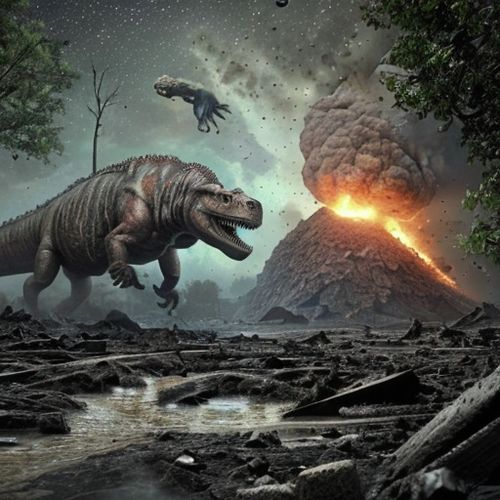
By Emily Johnson/Apr 10, 2025

By Eric Ward/Apr 10, 2025

By Megan Clark/Apr 10, 2025
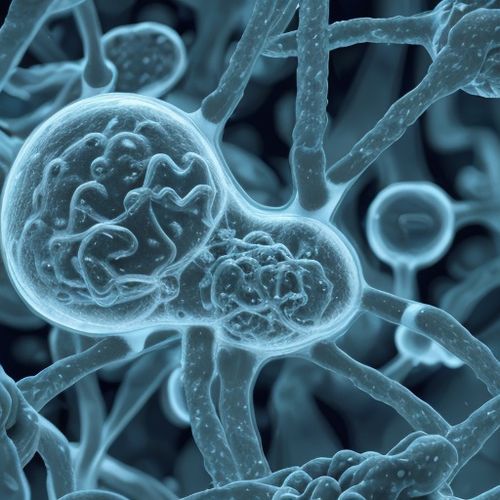
By Samuel Cooper/Apr 10, 2025

By Daniel Scott/Apr 10, 2025
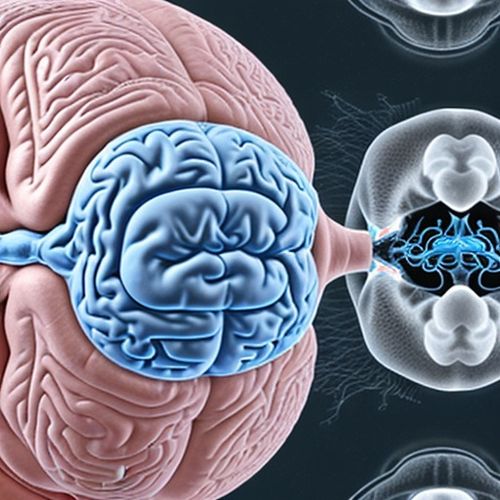
By Emma Thompson/Apr 10, 2025

By Rebecca Stewart/Apr 10, 2025
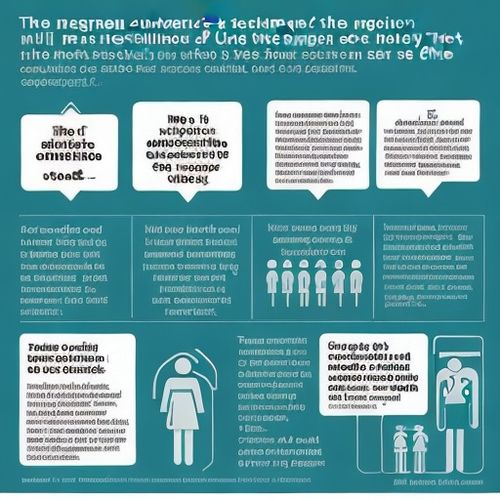
By Lily Simpson/Apr 10, 2025
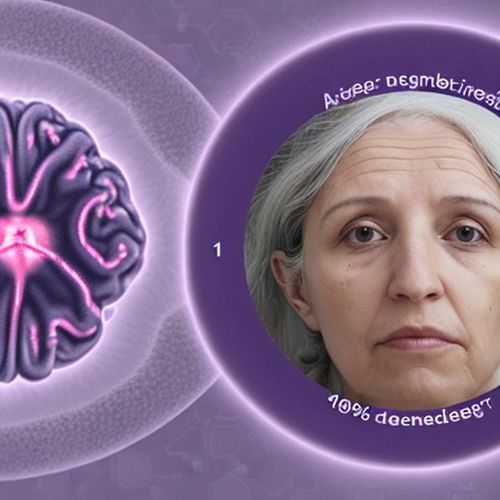
By John Smith/Apr 10, 2025

By John Smith/Apr 10, 2025
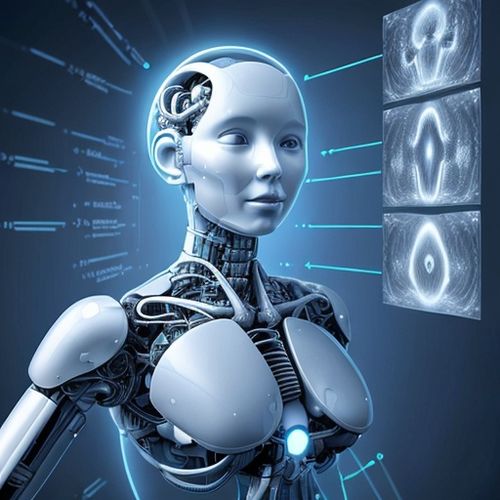
By Samuel Cooper/Apr 10, 2025

By John Smith/Apr 10, 2025
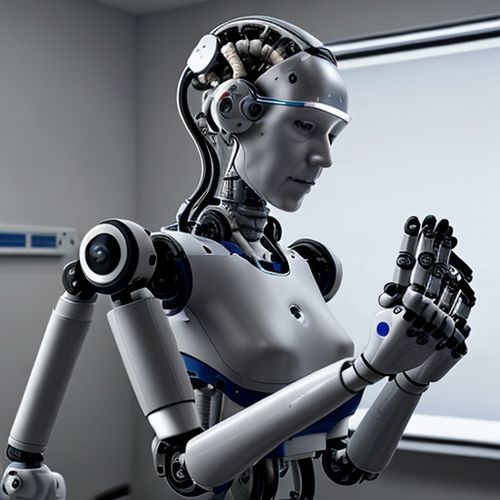
By Rebecca Stewart/Apr 10, 2025

By Joshua Howard/Apr 10, 2025